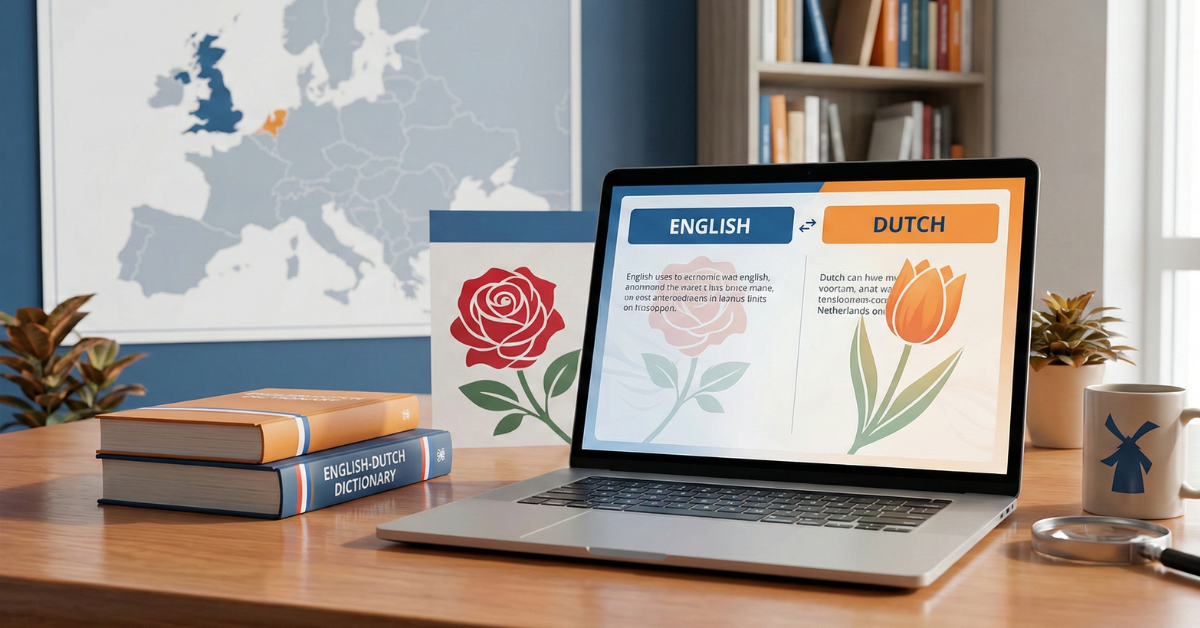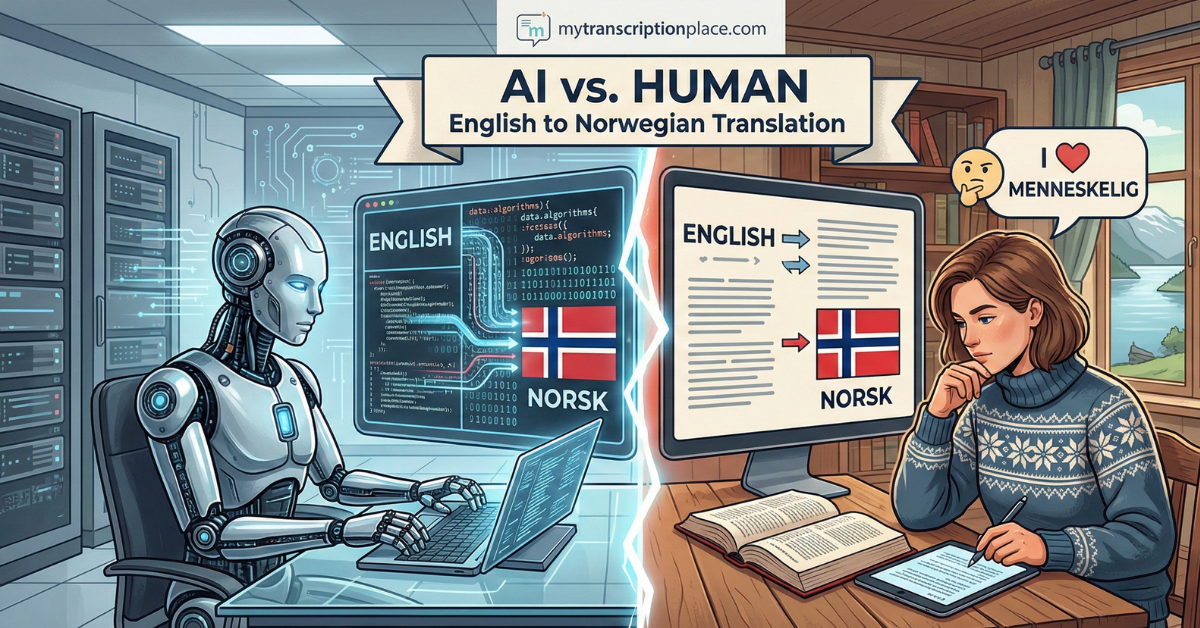British vs American English: A Fun Comparison of Everyday Words
Nov 25, 2024, Nishi SinghWhen it comes to British vs American English, you'll find that while the two languages have a lot in common, they have their fair share of differences as well. Whether you're traveling, watching TV shows from across the pond, or even writing a paper, understanding these differences can be both entertaining and enlightening.
A classic example of the divergence between British English and American English is seen in everyday vocabulary. Take the humble "elevator" in American English, which becomes a "lift" in British English. Likewise, while Americans watch "movies," their British counterparts enjoy a good "film." These differences extend to various aspects of daily life; for instance, where an American might walk on the "sidewalk," a Brit would call it the "pavement."
The charm of these differences isn't just in vocabulary. Spelling variations also highlight the British v American English debate. Words like "color" in American English become "colour" in British English, adhering to the latter's penchant for extra letters in certain words. Similarly, the American "theater" is spelled "theatre" in British English, reflecting subtle yet distinct conventions.
Phrases and idioms further exemplify the differences between British and American English. For instance, the British phrase "I’m knackered" translates to "I’m exhausted" in American speech. Understanding these nuances can prevent confusion and enhance communication whether in business or casual conversations.
Ultimately, the American British English difference is a testament to the richness and diversity of language. Both versions of English have evolved to reflect their respective cultures and histories, offering endless curiosity for linguists and language enthusiasts alike. So the next time you come across a divergence in American English and British English, remember it's all part of the fascinating tapestry that makes the language so dynamic and ever-evolving.myTrancriptionPlace provides fast, accurate, and affordable transcription services in more than 42 languages.






